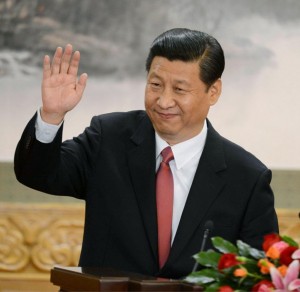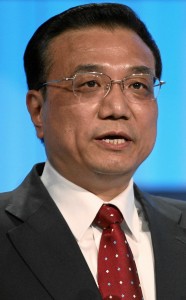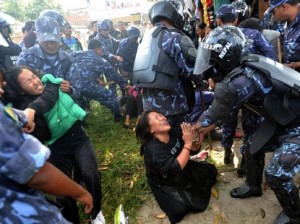XI Jinping has been confirmed as the new President of China, succeeding Hu Jintao, and completing the highly orchestrated once-in-a-decade shift in leadership. The National People’s Congress, the party-controlled state legislature, rubber-stamped the election of the sole candidate by 2,952 votes
to one in what was a purely ceremonial process at Beijing’s Great Hall. In a similarly ritual ballot, Li Keqiang succeeded Wen Jiabao as premier, China’s number-two position.
The National People’s Congress, technically a meeting of China’s parliament, brings together almost 3,000 members to vote on legislation. However, legislation is always passed. The leadership is instead decided over the course of many years of behind-the-scenes manoeuvring and bargaining within the party.
There has been hope in the Tibetan exile community that a new Chinese leadership might signal a change in policy towards Tibet. Students For A Free Tibet has launched a campaign called “Xi Jinping’s Tibet Challenge”, calling on the newly appointed president to address the crisis in Tibet and bring in an end to the widespread human rights abuses committed by Chinese officials.
However, Mr Xi’s initial public speeches have implied continuity of the One China policy (which decrees that Tibet and Taiwan are “inalienable parts of China). In his inaugural address as president, Mr Xi affirmed the “Chinese Dream”: “The Chinese spirit brings us together and builds our country together,” said Mr Xi. “To create the Chinese Dream, we must unite all Chinese power.”
Although Mr Xi’s position as leader is confirmed, he still faces a battle to consolidate his power against party elders who retain strong influence. Any significant shift in policy will be slow.
For now at least, the Chinese Dream will prolong the Tibetan nightmare.






 Print
Print Email
Email